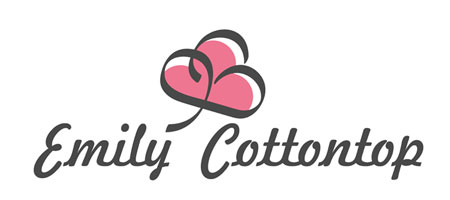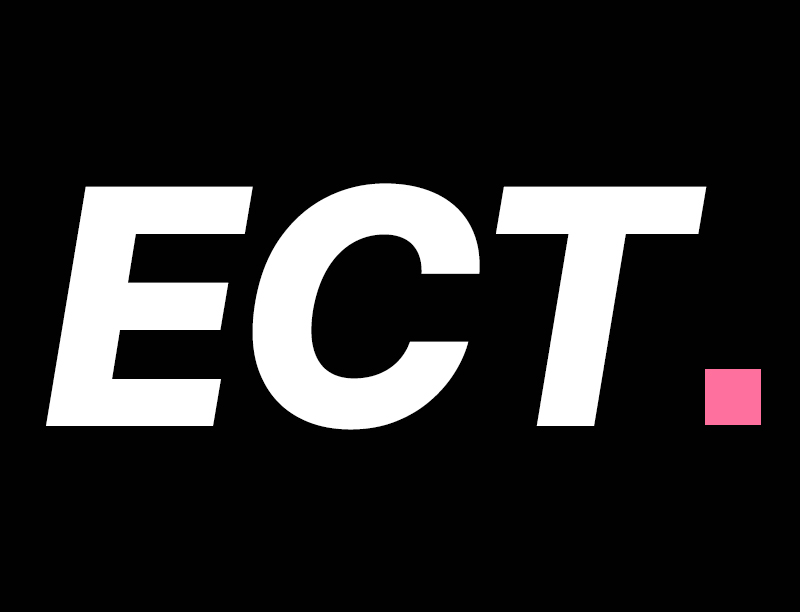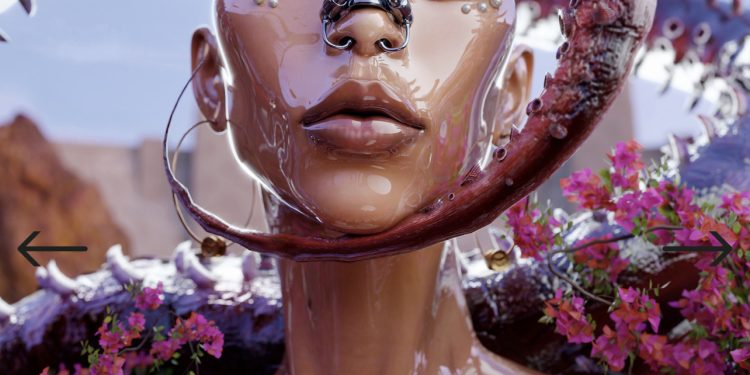Doja Cat sat down and had a pretty candid conversation with SZA for VMagazine where they covered everything from her family, to music to her support of “black alt kids”.
Before we get into the details of the interview, can we just take a moment to admire these photos?
According to VMagazine, Doja was digitally transformed by Steven Klein Studio and Jason Ebeyer a 3D artist and art director.
Check it the details about how Jason achieved his 3D imagery below:
View this post on Instagram
Doja Cat’s Interview with SZA
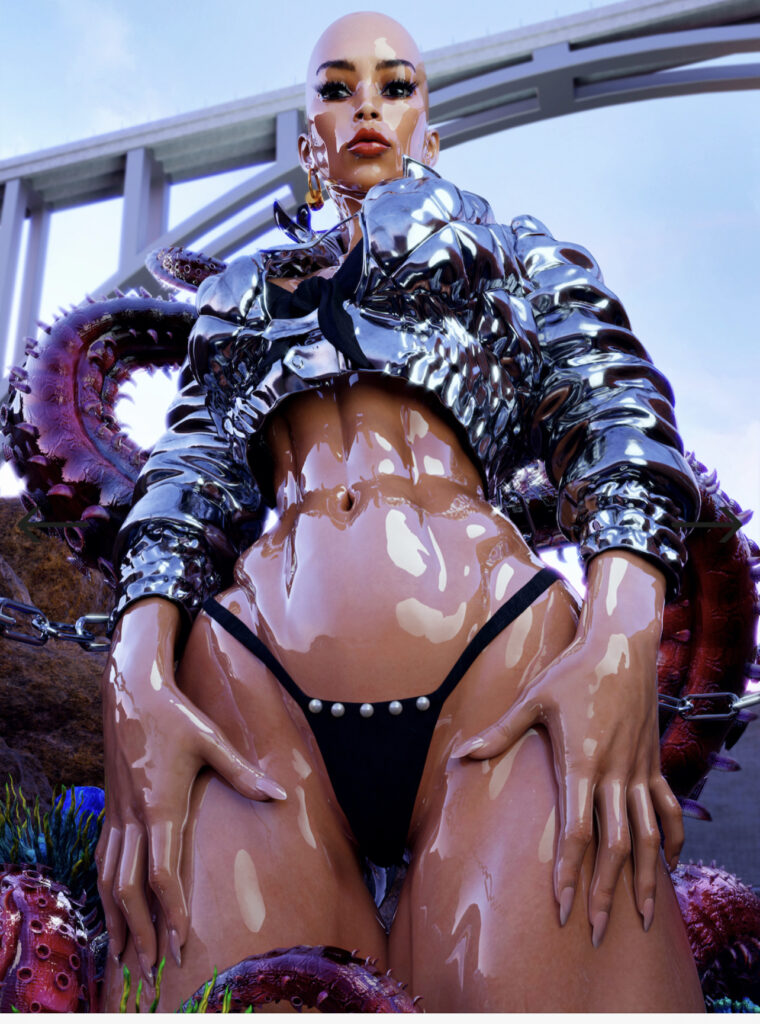
About her Family:
SZA: It’s a gift to watch. Wait, your parents! I didn’t know your parents were artists! Do you feel heavily influenced by the fact that your family is hella artistic?
DC: Yeah. My brother also produces and he sings and raps.
SZA: Have I seen your brother before? Have you ever posted him? Did I miss something?
DC: No, no, I keep my family pretty private. I have like, one picture with my grandma on my Instagram. But that’s as far as that went. My dad, the same.
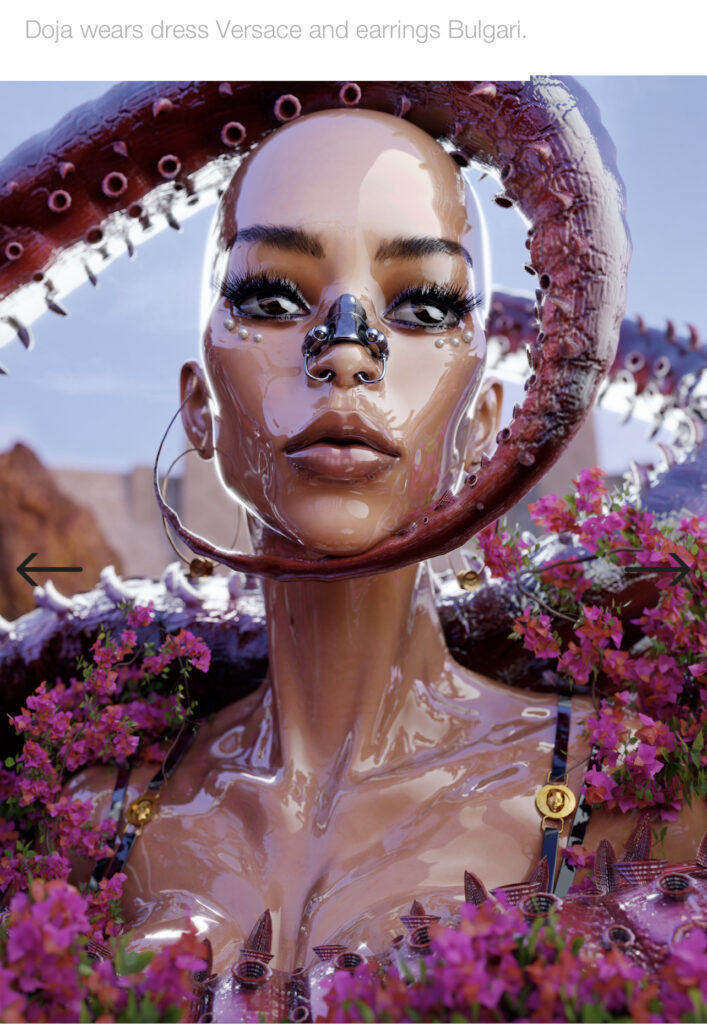
About being comfortable with herself:
SZA: I’m screaming! I like that you’re hyper-comfortable with yourself and it’s kind of inspiring cause I am not, and I feel very comforted by you being that way. Where does that driving force really come from?
DC: I really don’t know. I think that it might be ADHD. (laughs) You know my mom is basically a hippie.
I just grew up around different kinds of people. After living on the ashram, I moved to the suburbs and that was completely the polar opposite, so living there was a weird change for me.
It might be that, though! It might be that moving around made me kind of a goofball. I think I’m just hyper.
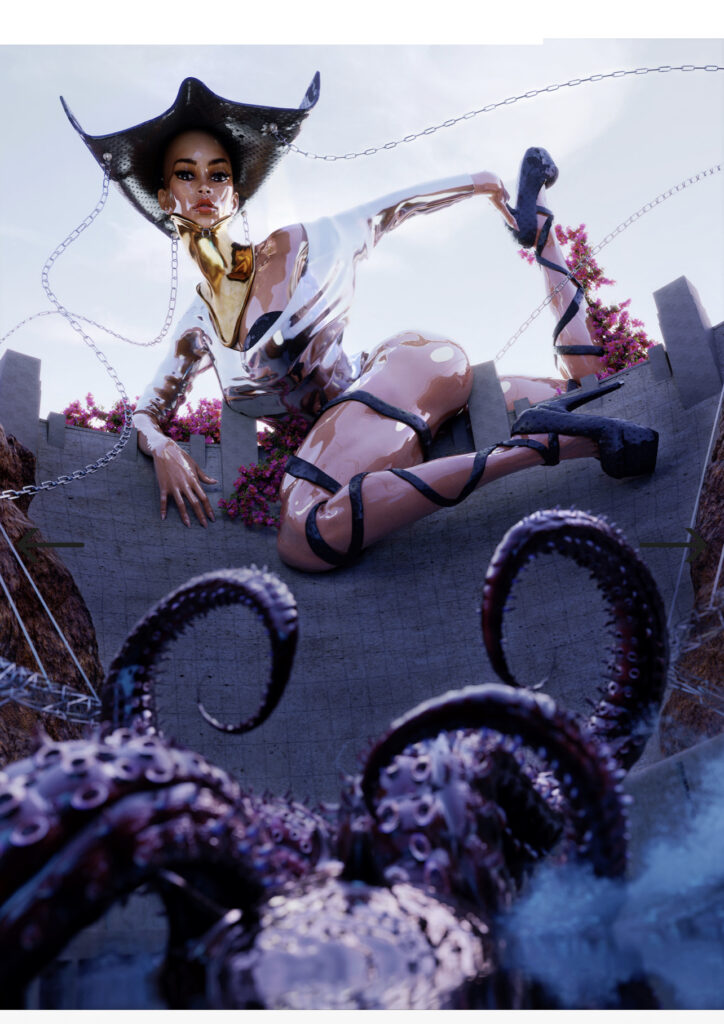
Her feelings on supporting alt black kids:
SZA: Okay, we’re Black. And being Black, we don’t have to emphasize us being Black, but I feel like your contribution to the Black community is you in your essence.
You’re who stops separating interesting, weird Black kids from being randomly excommunicated or separated from Blackness.
My niece–who is 19-years-old—loves you. I mean, she banged you four years ago when she was living in Texas surrounded by all white kids. She’s genuinely artsy, separated by herself, Black by herself, and it’s like that’s the space I feel like you’re giving that visibility to the weird Black art kid, that is protective. That is how we move to protect the Black community.
Do you feel that? That you’re really being that beacon for alt Black kids, or kids who are multifaceted?
DC: I mean, it is just me, but also there are little girls and there are people out there who look like me and can relate to me in that sense. And it is important to have artists like Tyler, the Creator and Pharrell, you know what I mean?
That came from a different way of life. Just grew up a weird kid. The skater or the whatever, the nerd. It’s important to have those kinds of influences in your life when you’re like that and feel completely cast out of…the world.
I grew up listening to them and that’s what kept me knowing that I could do it, too. I felt like I had friends who didn’t even know me.
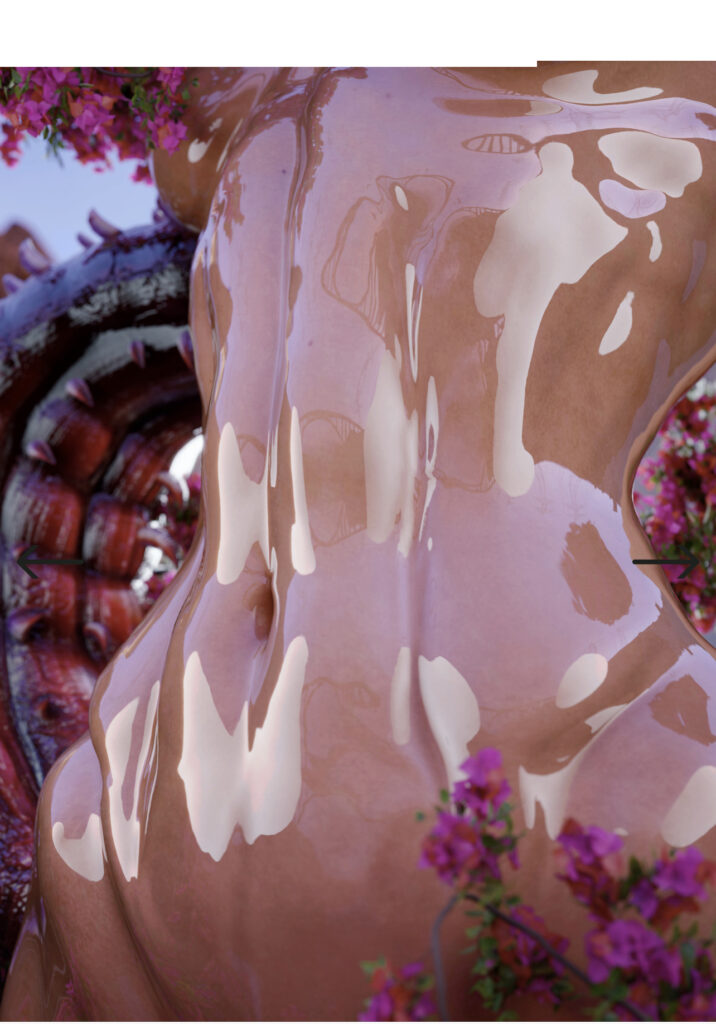
Read the entire editorial here.
